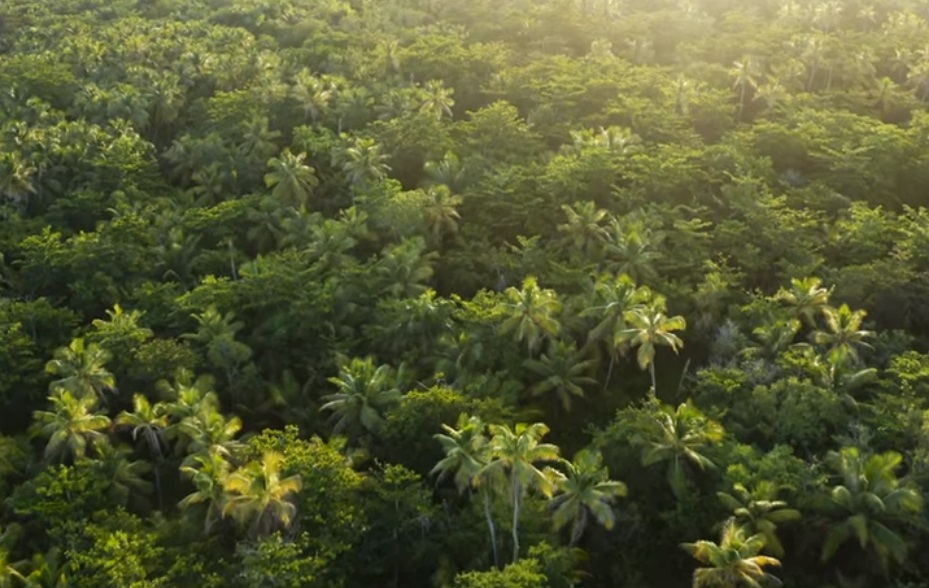EU Lawmakers Adopt Law Banning Deforestation-Linked Products

Lawmakers in the European Parliament on Wednesday adopted a new law requiring companies to ensure that products sold in the EU have not contributed to deforestation and forest degradation throughout their supply chains, and aimed at fighting climate change and biodiversity
Passed with a strong majority in Parliament, with a 522-44 vote, the announcement marks one of the last major steps towards the establishment of a law to effectively ban deforestation-linked products on the EU market, with only formal adoption by the EU Council remaining. The EU Parliament and Council agreed to the regulations in December 2022.
According to the UN Food and Agriculture Organization (FAO), an estimated 420 million hectares of forest, representing an area larger than the EU, were lost to deforestation between 1990 and 2020, with EU consumption responsible for approximately 10% of global deforestation, and palm and soya oil accounting for more than two thirds of this.
A recent report released by the UN-backed Race to Zero found that deforestation attributable to companies with land-based value chains, particularly in the forest, land and agriculture sectors, is responsible for a significant proportion of global greenhouse gas (GHG) emissions. The sectors contribute 22% of global emissions, half of which are driven by deforestation.
Under the new law, companies selling certain products and commodities in the EU will be required to issue a due diligence statement, confirming that the product was not sourced from land that was subject to deforestation or forest degradation after 2020, based on a requirement to trace the products back to the plot of land where it was produced.
The proposal for deforestation regulations was initially introduced by the EU Commission in November 2021, while Parliament pushed for tougher and more extensive rules, and succeeded in negotiations to add commodities including rubber, charcoal, printed paper products and some palm oil derivatives to the list of products covered, which also include cattle, cocoa, coffee, palm-oil, soya and wood, as well as products that contain, have been fed with or have been made using these commodities, such as leather, chocolate and furniture.
The rules were also extended to include a wider definition of forest degradation, and to require companies to verify that products comply with legislation in the countries in which they are produced in areas including human rights and the rights of indigenous people.
The new law classifies countries and regions by risk level, with products from low-risk areas subject to a simplified due-diligence process and a lower proportion of checks on operators. EU authorities will conduct checks based on satellite monitoring and DNA analysis to determine where products come from.
The law also includes penalties for non-compliance, which can reach up to 4% of the annual revenue in the EU of the operator or trader.
MEP Christophe Hansen, rapporteur on the new regulation, said:
“I am relieved that European consumers can now rest assured that they will no longer be unwittingly complicit in deforestation when they eat their bar of chocolate or enjoy a well-deserved coffee. The new law is not only key in our fight against climate change and biodiversity loss, but should also break the deadlock preventing us from deepening trade relations with countries that share our environmentalEnvironmental criteria consider how a company performs as a steward of nature. More values and ambitions.”
The post EU Lawmakers Adopt Law Banning Deforestation-Linked Products appeared first on ESG Today.